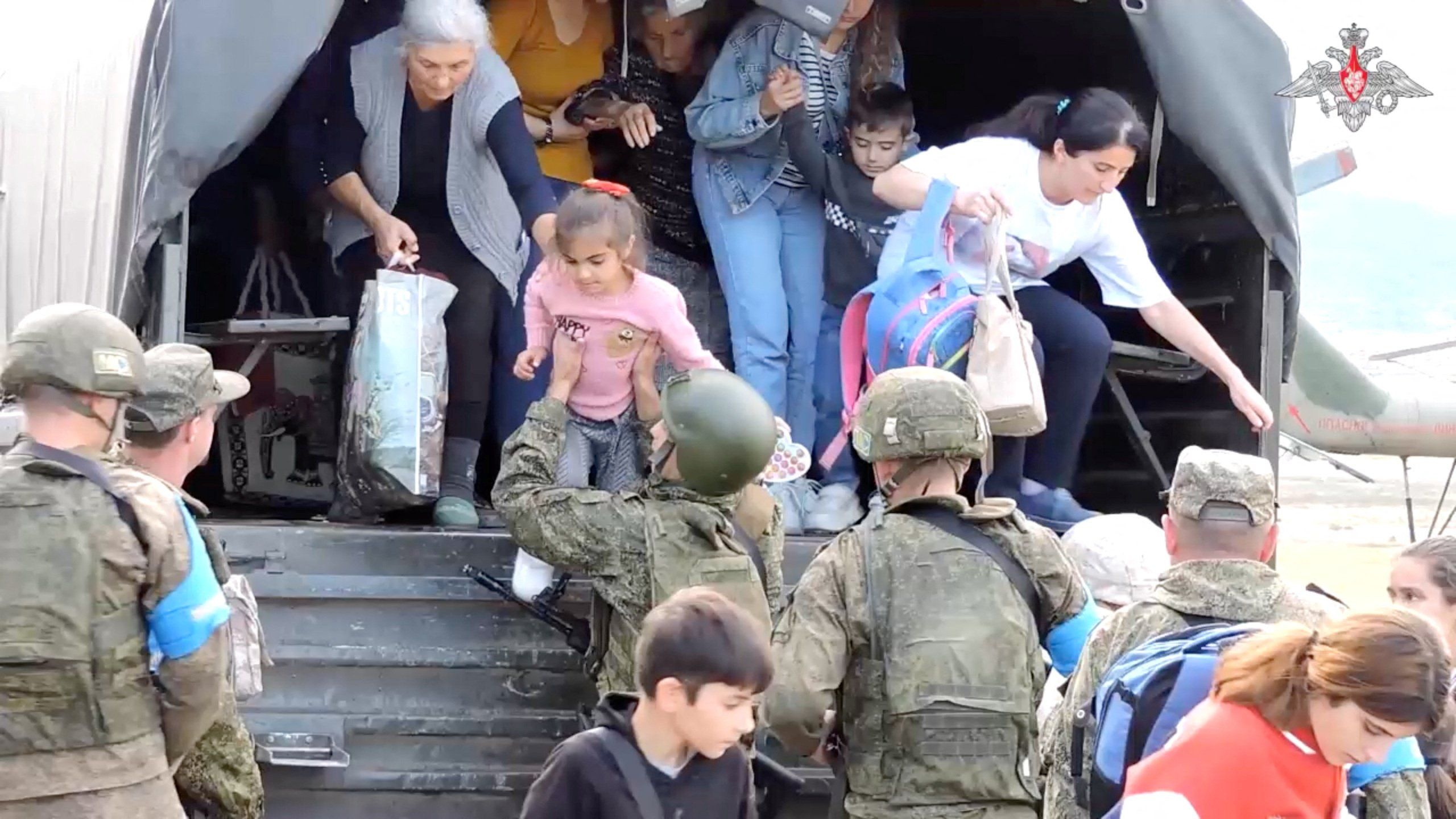Just one day after launching a fresh assault on the enclave of Nagorno-Karabakh, Azerbaijan halted its offensive under a ceasefire in which ethnic-Armenian separatists there reportedly agreed to surrender and disarm.
This effectively marks the end of Karabakh’s decades-long de facto independence from Azerbaijan. As a reminder, Karabakh is officially part of Azerbaijan, but historically had an ethnic-Armenian majority and has been run by Armenian separatists since a war of independence in the early 1990s.
In a 2020 flare up of the conflict, Azerbaijan — with ample help from Turkey — reconquered parts of Karabakh and surrounded it.
The capitulation of the Karabakh authorities means that the enclave is now effectively under Azeri control. For Azerbaijan, retaking Karabakh has been a nationalist dream for decades. President Ilham Aliyev on Wednesday promised to turn Karabakh into “a paradise.”
But the fate of ethnic Armenians there is now in the balance. Both sides have carried out ethnic cleansing of each other’s populations over the past 30 years. Thousands of ethnic Armenians have reportedly rushed the airport already at Stepanakert, the Karabakh capital, looking to flee ahead of any Azeri reprisals.
Russia, whose peacekeepers have spottily overseen a ceasefire in the region since 2020, said that it would host talks on the future political and ethnic composition of Karabakh beginning on Thursday.
